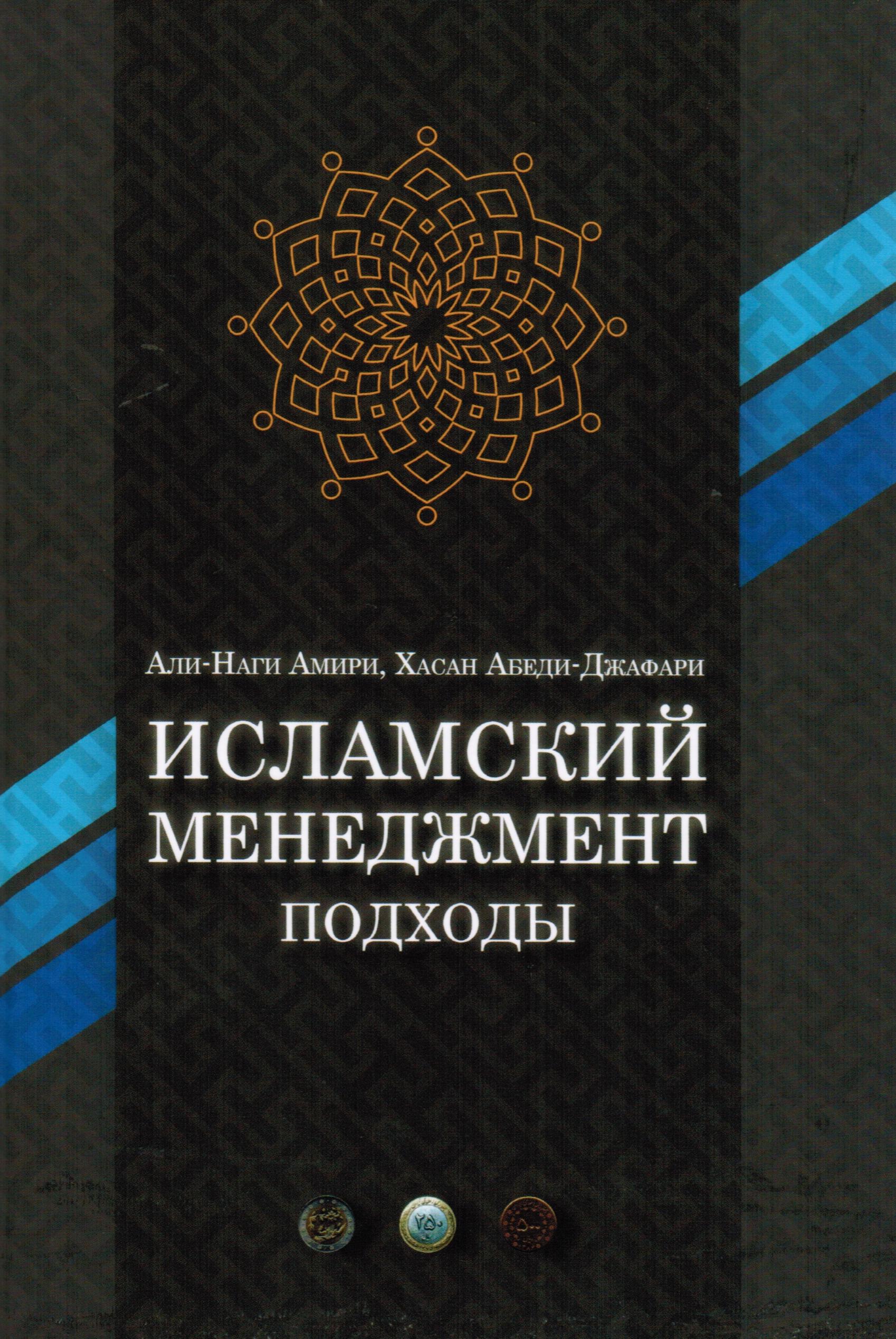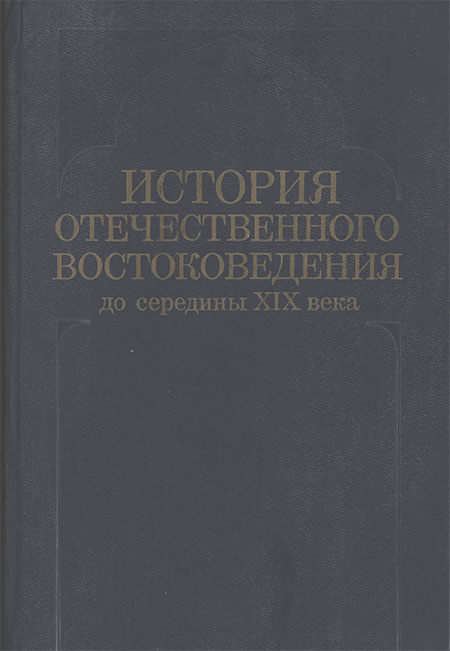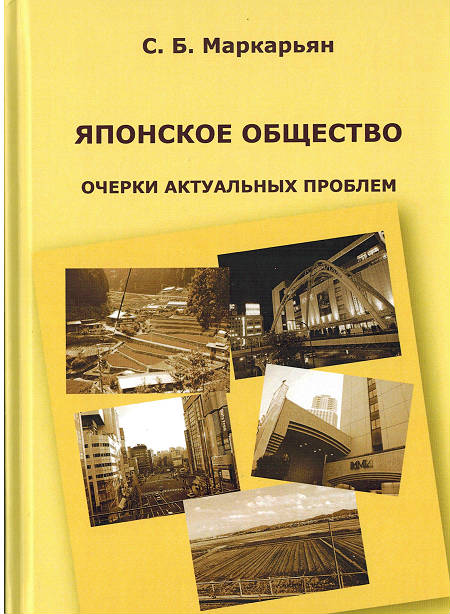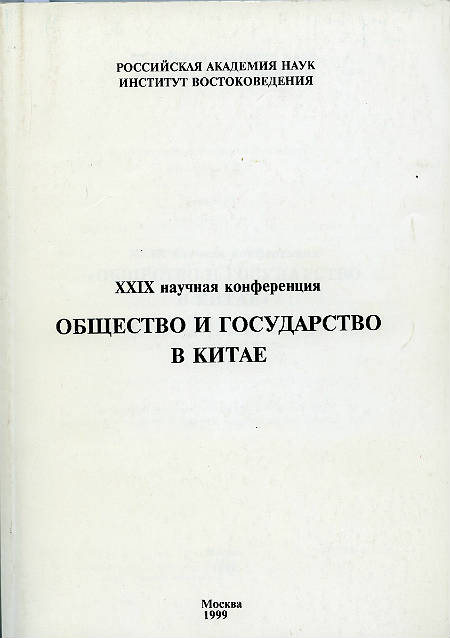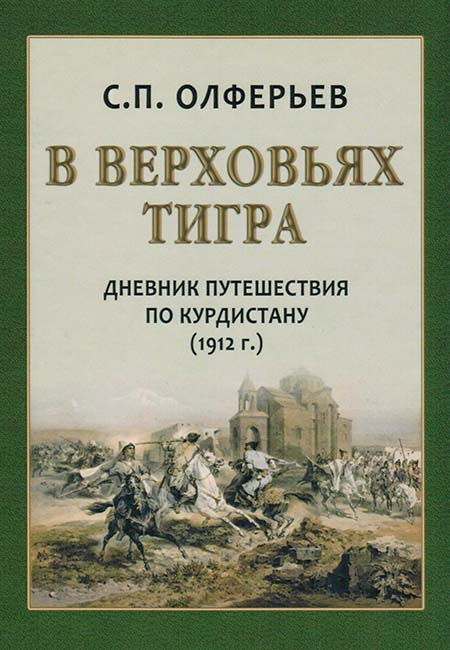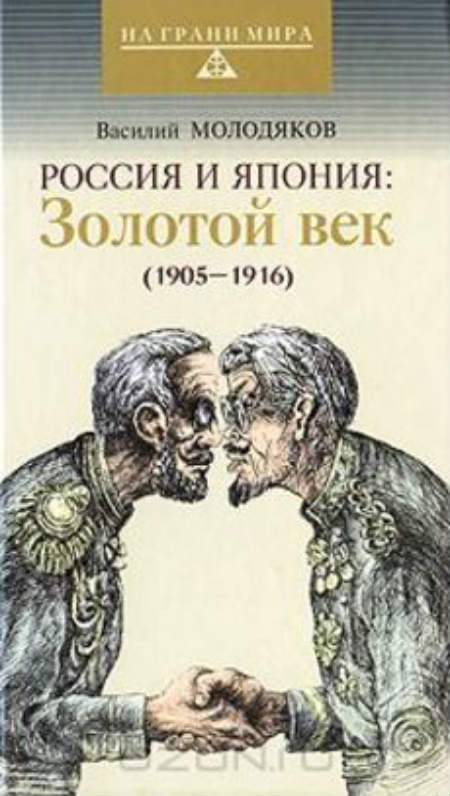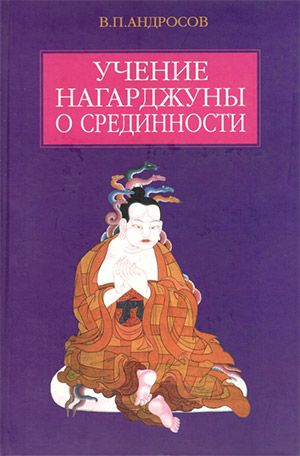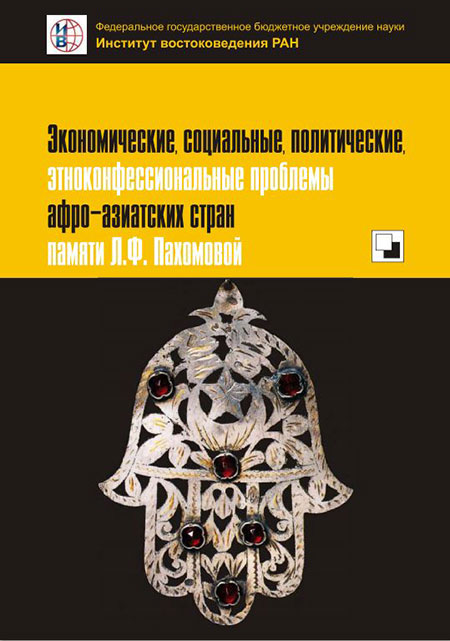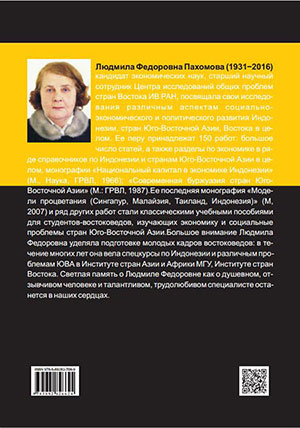Book
Economic, Social, Political, Ethno-Confessional Problems of Afro-Asian Countries : in Memory of L.F. Pakhomova
Еditor: Bibikova Olga, Tsvetkova Nina
Institute of Oriental Studies of the Russian Academy of Sciences,
Москва, 2016, 332 p.
The collection of articles written by researchers, mostly from the Institute of Oriental Studies, RAS, consists of four sections: political problems, economic and social problems, economic relations of Russia with Asian and African countries and ethno-confessional problems. The articles are mainly based on the reports presented at the roundtables held in May 2015 and April 2016 at the Institute of Oriental Studies, RAS. In the first section there are articles analysing current political problems, such as migration crisis of 2015 – 2016 in Europe, its causes and consequences, the attempt of military coup in 2016 in Turkey, and the influence of Kurds factor on Turkey Middle East policy. “Arab political spring” had a significant influence on Lebanon which is closely connected with its neighbor countries, especially Syria. The section on economic and social problems deals with certain trends in globalization and its controversial consequences. Globalization and hunger seem to be things that are mutually excluding. Still, globalization aggravates inequalities in income distribution between various countries and different strata within one country. The problem of hunger is far from being resolved in South Asian countries. Some Asian countries are a success in their integration in global economy, namely China. But in the past few years China’s economic growth slowed down, still it is much higher than in the majority of countries. Another country which improved its position in the world economy is Indonesia. There is also an article on BRICS diamonds market where Russia and South Africa are main producers of raw diamonds, and India and China are leaders in diamonds processing. Asian commercial and industrial groups, such as Samsung or Tata show an interesting mix of traditions and innovations. New (and eternal) edges of urbanization, informal sector and its interaction with the level of education in Turkey are also considered. The third section of the book is devoted to analysis of Russia and the CIS countries relations with their Eastern (and Southern) partners in the context of Western sanctions against Russia. Analysis of geographical structure of Russia imports can lead to a conclusion that, notwithstanding sanctions, diversification of import partners is an imperative for Russia. Recent sanctions and countersanctions have already resulted in increasing the share of Asian and African countries in Russia food imports. Ethnic and confessional factors are analysed in the articles of the fourth section: Islamists’ globalism, persecutions of Christians in the Middle East in 2014 – 2015, the position of woman in Islam, Christianity and Judaism, confessional factor in Iran international relations, the position of Isma’ilites and Druses in Arab countries, 26 centuries history of Georgian Jews, Buddhism in China. The collection of articles is devoted to the memory of L.F. Pakhomova (1931 – 2016), a specialist on Indonesia and economic problems of Asian countries.
РУССКАЯ ВЕРСИЯ: Экономические, социальные, политические, этноконфессиональные проблемы афро-азиатских стран: памяти Л.Ф. Пахомовой

